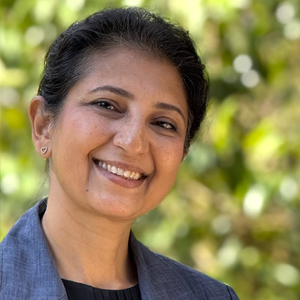Understanding the Determinants of Academic Performance in a Higher Education Institution Using an Expanded Biggs 3P Model
1Jess TAN Wei Chin, 2CHEAH Horn Mun, and 1KOH Hian Chye
1School of Business, Singapore University of Social Sciences (SUSS)
2Office of Provost, SUSS
Recommended Citation
Tan, W. C. J., Cheah, H. M., & Koh, H. C. (2024). Understanding the determinants of academic performance in a higher education institution using an expanded Biggs 3P model. Asian Journal of the Scholarship of Teaching and Learning, 14(1), 55-73. https://ctlt.nus.edu.sg/wp-content/uploads/2024/07/v14n1_Tan-et-al-4.pdf
Abstract
The Biggs 3P model conceptualises the learning process as an interactive system of three sets of variables: the learning environment and student characteristics (presage), students’ approach to learning (process), and learning outcomes (product). Given the learning context that this study examines, it is necessary to not just incorporate additional variables outside of the 3P model, but also to re-categorise some of the existing 3P model variables. As such, an expanded 3P model, built on the framing of the original 3P, has been used. This allows for a more holistic examination of the relationships among a broader range of presage and process variables, potentially providing more incisive insights for the learning environment in the university. Briefly, personality traits and student-to-instructor personality match are included in the expanded model under the presage domain, and course perceptions under the process domain. In addition, motivation is repositioned as a process construct to enable universities to identify determinants (in the presage domain) that influence students’ levels of motivation. It is hoped that the expanded 3P model serves as a guide to universities for their curriculum and assessment development as it offers a fresh, and potentially more insightful, perspective on what to focus on to enhance students’ learning. These complex relationships (both direct and indirect) are examined using Structural Equation Modelling (SEM) with reference to the expanded Biggs’ 3P model for a local university in Singapore.
Keywords: Biggs 3P model, academic performance, motivation, learning approaches, course perceptions, academic background, personality, prior learning



































































